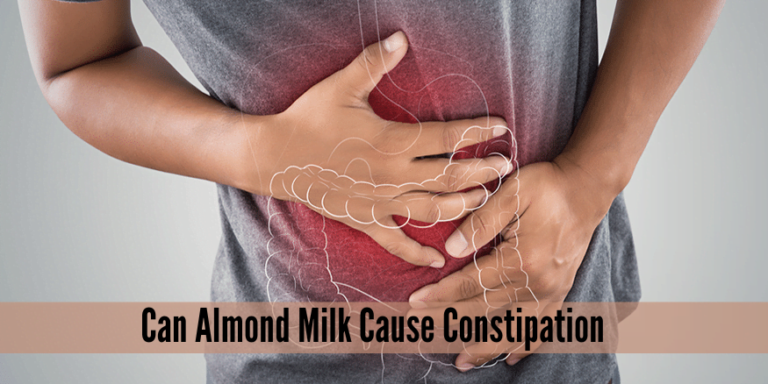
Nutrition
What is Nutrition?
Nutrition is the study of how food affects human bodily functions and health. Eating nutritiously is integral to living a balanced lifestyle, having both mental and physical benefits. Nutritionally sound habits can combat chronic illnesses like heart disease, obesity, and diabetes while aiding with overall human development and growth.
Essential Nutrients for Human Body?
The body requires six essential nutrients: proteins, carbohydrates, fats, vitamins, minerals, and water. Each one plays a unique role within the body while working together to maintain optimal health and nutrition.
What are Carbohydrates:
Carbohydrates are the primary energy source in your body and can be found in foods such as pasta, bread, rice, fruits, and rice. Once digested, these carbs break down to form glucose, which is utilized for energy production. For optimal health, choosing complex carbs over simple ones is important since they take more time to digest and provide more sustained energy sources.
What are Proteins:
Proteins are essential in creating and repairing tissues throughout the body, found in foods like fish, meat, eggs, beans, and even nuts. Your body can break down protein into amino acids, which can then be used to form new tissues or repair damaged ones.
What are Fats:
Fats are essential for absorbing certain vitamins, such as A, D, E, and K. Furthermore, they serve as an energy source within the body. Therefore it’s essential to select healthy fats like those found in nuts, seeds, and fish over unhealthy ones found in processed food items.
Importance of Nutrition
1- Nutrition is fundamental for your body’s performance. It keeps us healthy, and a balanced diet that includes all essential nutrients like carbohydrates, proteins, fats, vitamins, and minerals can help ensure your system operates at its peak performance.
2- A healthy and nutritional diet is necessary to regulate body weight in a healthy manner, which in turn helps protect against chronic illnesses like diabetes, obesity, and cardiovascular issues. Furthermore, it strengthens the immune system and lowers the likelihood of contracting diseases or other ailments.
3- Nutrition is of utmost importance for growth and development, especially in children. A balanced diet provides essential nutrients for muscle growth, bone formation, and organ development. Furthermore, it aids cognitive development by improving learning capacity, concentration levels, and brain function.
Guidelines for Nutritional Health
Here are some guidelines for nutritional health that can help ensure optimal nutrition. The USDA suggests adults consume at least five portions of vegetables and fruits daily, reduce trans and saturated fat intake as well as added sugars and sodium intake, and incorporate a variety of protein sources like fish, lean meats, beans, nuts, or other fish into their meals.
Conclusion
Maintaining a nutritious diet is essential for good health and should be something everyone strives for. Eating foods rich in essential nutrients while adhering to specific dietary guidelines can help prevent chronic diseases and promote optimal growth and development. If you have special nutritional requirements like an allergy to certain foods or an underlying medical condition, consult with medical professionals or registered dietitians to create your personalized nutrition program.


